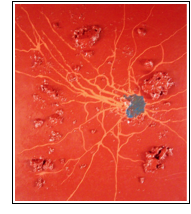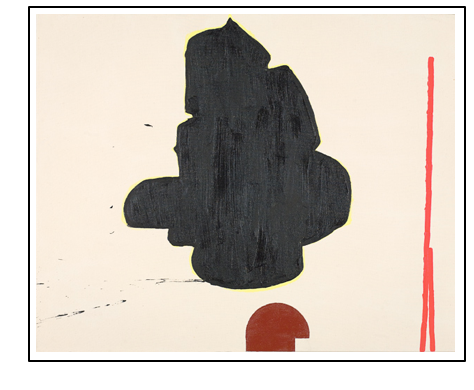Le rôle de l'exclusion dans l'apprentissage
L’apprentissage n’est pas seulement l’affaire des concepts que nous incluons dans le processus cognitif. George Siemens souligne par ailleurs le rôle de l’exclusion dans la pensée : …
We argue our points of inclusion and criticize the points of exclusion in the reasoning of others.
La portée est plus grande encore quand il s’agit d’apprentissage. C’est un phénomène avec lequel les enseignants doivent composer :
The process of exclusion is a vital learning process. We cannot possibly consider every facet of a new idea. We exclude in order to be able to move to the point of active cognitive interaction with an idea. Exclusion occurs during the filtering process. What we choose to ignore speaks to our larger worldview (beliefs and values). When we are trying to influence the values of others (for example, in helping students learn about other cultures), we spend our time trying to get the learner to acquire new mindsets. We need to take a step back and focus on what is happening during the filtering process.
By analyzing what we exclude in our own reasoning, we are able to gain a better understand of our own learning process. It’s unrealistic to regularly evaluate our core beliefs and values, but a periodic evaluation may provide the ability for more effective learning in general. What we ignore in learning can be a valuable tool to ensure that our perspectives are properly balanced (and at minimum acknowledge the existence of other viewpoints contrary to our own).
Vous pouvez suivre les commentaires en réponse à ce billet avec le RSS 2.0 Vous pouvez laisser une réponse, ou trackback.








